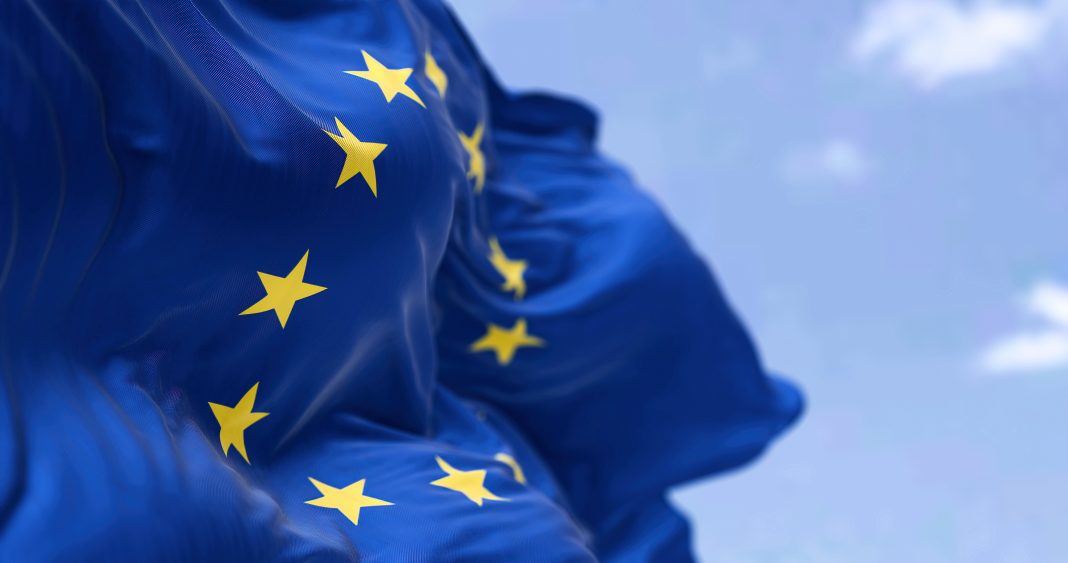Cesare Pinelli, Professor of Constitutional Law at the University of Rome La Sapienza, discusses the reasons behind the EU’s vulnerability to criticism by populist leaders
The European democracy is facing increasing challenges, if not threats, that are likely to affect its identity. Some concern democracies worldwide, from military aggressions and hybrid warfare run by autocratic States to the new dangers connected with the sweeping development of Artificial Intelligence or the growing power of giant firms worldwide. Other challenges, although also diffused worldwide, uniquely affect European democracies. The rise of populist and nationalist governments will likely fall under such a category.

External threats to European democracy
When it comes to events that impact democracies from the outside, particularly those that can be portrayed as external threats, populists are skilled at stoking a politics of fear. This suggests the people are in danger, regardless of their internal political divisions. Issues such as the globalization of markets and the flow of immigrants are frequently presented in such a way. However, the European Union’s membership has given populists their best opportunity for exploiting popular discontent towards national governments and traditional party politics. Populist leaders often criticize the EU as an easy target. Why is it so? Three reasons might be afforded in this respect.
We must consider that the EU is not provided with a real government of its own. It has a parliament and an independent judiciary. Still, its government is dispersed among different authorities (the Commission, the Council, and the European Council (both of which are composed of national governments), etc.). Therefore, it is difficult to ascertain who is responsible for the decisions taken at the EU level.
For a long time, such challenges were in the best interest of national governments. Although playing an essential role in the EU decision-making process through their participation in the Council and the European Council, they could leave the burden of hard choices to the EU (e.g., those concerning the national budget) without paying electoral costs. It was arguably in their interest to maintain the EU system as it was, with no chance of identifying accountable rulers behind the blue sky and the stars and to let people believe the media tale of ‘Brussels’ as a seat of inaccessible technocracy. The divide between national politics and supranational technocratic governance was a fiction but a fiction that permeated the popular imagination. With the Eurozone crisis, the European Council’s crucial role could no longer be denied in adopting financial measures to reduce national expenditures for the citizens’ welfare. It became easier for populists to extend their attacks from the EU to national governments endorsing its policies.
Being presented as a defensive move against external threats, the populist attacks appeared genuine to vast sectors of the electorate, particularly those exacerbated by the scarce governmental response to their basic needs, and forged the idea of a concrete popular will ignored by the elite.
A further reason why the EU has become the populists’ best target lies in the European institutions’ reaction vis-à-vis breaches of the ‘values’ on which the EU ‘is founded’ (Article 2 Treaty on the European Union) that have been perpetrated by populist governments such as those of Hungary and Poland.
Article 7 of the TEU entrusts the European Council, composed of the Heads of State or Government of the EU Member States, with the powers of ascertaining the existence of systemic violations by a Member State of the ‘common values’ enumerated in Article 2 TEU, including ‘the rule of law and respect for human rights.’ If the European Council determines that there has been a serious violation, it can take a range of actions, including suspending the voting rights of that Member State’s representative. These measures are not meant to outlaw populist governments as such. They aim to sanction systemic breaches of EU ‘common values’ that may occur within a Member State, regardless of the political affiliation of its government. Enforcement of Article 7 TEU’s mechanisms rests nonetheless entirely in the hands of national governments.
So far, the EU’s attempts to cope with these breaches have reached relatively modest results due to the scarce political will of some Member States. Such flaws confirm that European institutions’ unease about populism largely depends on how they are internally structured and composed. Accordingly, populist parties and governments are encouraged to find a perfect target in the EU.
The crisis of representative European democracy
Finally, the extreme weakness of traditional parties should be taken into account in dealing with the crisis of representative democracy at the domestic scale. These parties differ from the populist ones because of their historical connection with constitutional democracy, not because of their current capacity to give reasons for their policies to the electorate or to shape a shared future. Both camps pay more attention to opinion polls and media- driven perceptions than policies.
Given these elements, it is not surprising that, from the electorate’s perspective, the political representation crisis does not consist in the question of ‘who is represented?’ but rather in that of ‘why should we be represented?’ The main difference between populist and traditional political parties is that the latter, along with national governments, are seen as responsible for not adequately addressing the needs of their voters. This is often attributed to the failures of the European Union and the gaps and inaccuracies in the narrative surrounding the European crisis.
Voters feel betrayed by traditional parties and correspondingly tend to credit populists with a genuine expression of protest: the latter do not have to bother with matching their discourse to factual elements nor to account for the consequences of their proposals. Populists are then, in turn, authorised to lie. And, once again, to attack an external actor as the EU for its allegedly broken promises.

This work is licensed under Creative Commons Attribution-NonCommercial-NoDerivatives 4.0 International.


